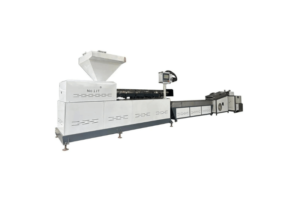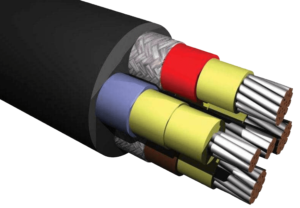A new study by the University of Leeds and Brunel University, London, found that the current system of collection and management of waste plastic packaging is inefficient. It found that contractual tie-ins discourage business efforts to invest in modern green technologies that can effect change.
It means that to meet the government’s target of eliminating single-use plastic waste by 2043, significant changes to the way that plastic packaging waste is recycled in England are needed.
Contractual obligations are causing barriers
The report – ‘Plastic packaging – How do we get to where we want to be?’ – found that the cost of collecting and managing waste under the current system meant that some local authorities were forced to tie themselves to long term contracts to make it economically viable, meaning that there is a barrier to changing to a more ethical method of recycling.
Report co-author, Andrew Brown, Professor of Economics at the University of Leeds, said: “The report shows the importance of a deep collaboration between economists, engineers and environmental scientists, also working collaboratively with DEFRA, the waste management sector and other stakeholders.”
We can’t take advantages of latest technologies!
Professor Brown stressed that “In order to take advantage of huge long-term opportunities for value preservation and creation through plastic packaging recycling, change is required in the whole system, guided by the new CVORR framework.”
“Innovation in the waste and recycling industry is really swift, but our local authorities cannot take advantage under the current system,” said Dr Eleni Iacovidou, a Lecturer in Environmental Management at Brunel, who led the study.
“Confronting and breaking the lock-ins to current regulations and infrastructures is key to achieving radical transformations in the plastic packaging system and in resource recovery systems more generally.”
Dr Iacovidou continued: “The complexity of the plastic packaging system means that there is no one perfect solution to the many problems that plague the plastic packaging system, and that a number of targeted, informed ways of addressing these issues is needed. The CVORR framework helps us to understand these problems and find solutions in a much clearer, joined-up way.”
The report proposed new metrics for the government to use when monitoring and assessing their success against the 2050 target. The metrics developed correspond to four domains of value – environmental, economic, social and technical – enable a systemic assessment of the plastic packaging system, which is so much needed to bringing about change and monitoring that change
The study was funded via the Plastic and Research Innovation Fund and the Economic and Social Research Council, working collaboratively with the Department for Environment, Food and Rural Affairs (DEFRA), the waste management sector and other stakeholders
The post Recycling methods need to change to tackle plastic packaging waste appeared first on Plastic Generation.









